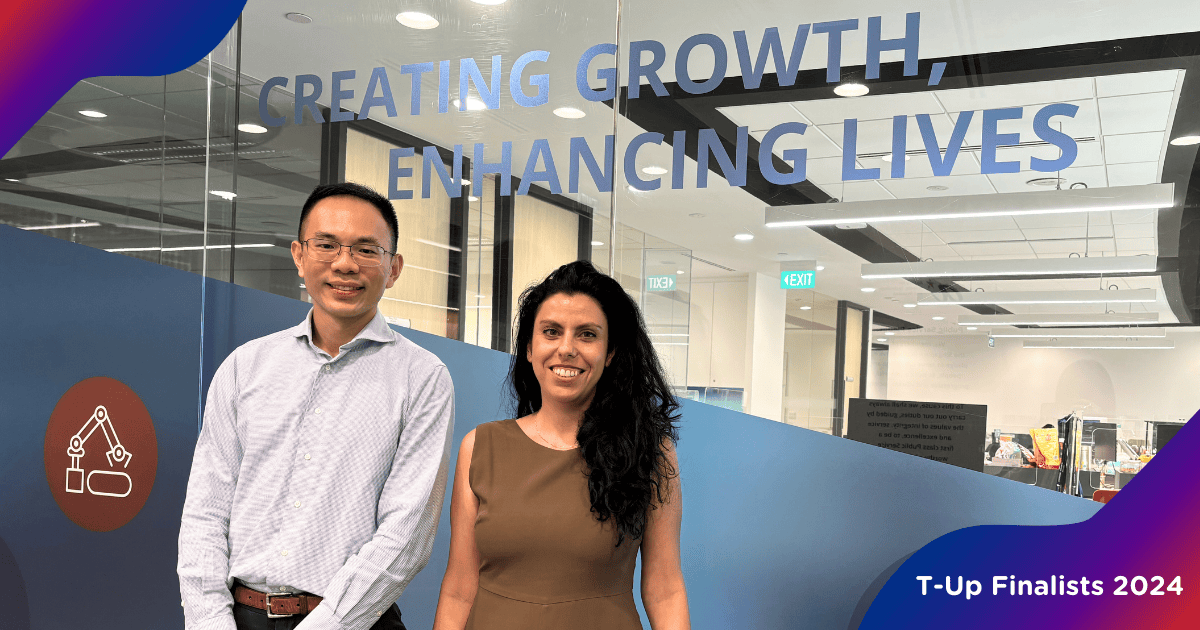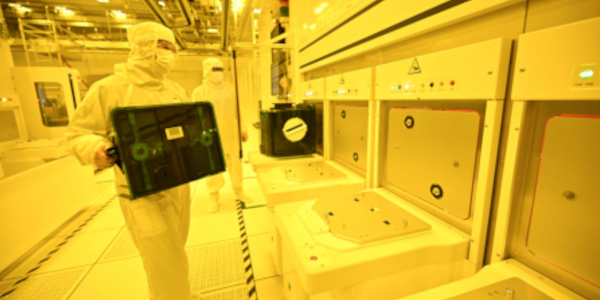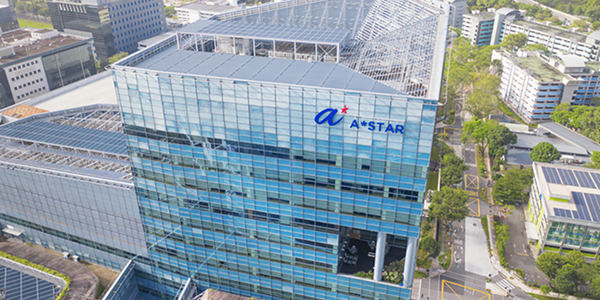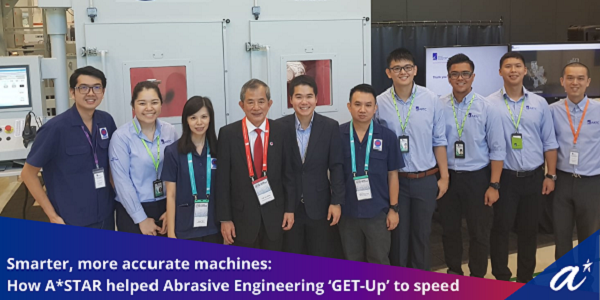Nuevocor: Tackling Untreatable Heart Conditions Through T-Up

Mr Loo Jia Min (left), Senior Director at Nuevocor with Ms Giulia Varsano (right), scientist at A*STAR IMCB who was seconded to Nuevocor through the T-Up programme.
Cardiomyopathy is a disease of the heart where the heart is unable to pump efficiently, leading to a reduced quality of life where even limited physical activity leads to shortness of breath. Current medications do not slow disease progression and patients end up needing a heart transplant. About half of all cardiomyopathies are hereditary, and are called genetic cardiomyopathies. This devastating disease afflicts adults in their prime.
Founded in 2021, Nuevocor designs genetic medicines to treat incurable genetic cardiomyopathies - a gap in the health industry they noticed was not being addressed. Mutations in more than 30 genes are known to cause cardiomyopathies, but biopharma companies are only working on 5 of them. According to CEO and co-founder of Nuevocor, Dr Tan Yann Chong, this is because we do not fully understand why these mutations cause disease, and without that understanding, it would not be possible to design therapies. This is where Nuevocor's Protein Organ Specific Interactome Analysis (PrOSIATM) platform comes in.
“If you look at the function of the mutant genes that cause cardiomyopathies, most of them are involved in transmitting or withstanding the forces that are generated as the heart contracts. Our PrOSIATM platform uniquely allows us to map out aberrant force transmission 1 in genetic cardiomyopathies and understand how these mutations cause disease. This enables us to design genetic medicines that restores force transmission to treat patients, regardless of which of the 30+ genes are mutated,” say Dr Tan.
T-Up for Innovation
Working with A*STAR through their Technology for Enterprise Capability Upgrading (T-Up) programme, Giulia Varsano, a scientist at A*STAR Institute of Molecular and Cell Biology (IMCB) was seconded to Nuevocor to further the development of PrOSIATM.
Varsano, as part of a tightly knit scientific team at Nuevocor, worked to optimise the PrOSIATM platform for greater efficiencies and throughput to accelerate identifying disease mechanisms and develop innovative, new genetic medicines for genetic cardiomyopathies. Varsano felt that her work was particularly meaningful. “I was able to utilise my scientific training and expertise to optimise a platform and shorten the time that it takes to discover disease mechanisms that can be turned into potential new genetic medicines for patients."
Advancing to the Clinic
Nuevocor's approach expands the number of mutated genes that can be treated from just 5 to all genetic cardiomyopathies. Their current focus is Lamin A/C gene (LMNA)-related dilated cardiomyopathy, a genetic cardiomyopathy where the mutant gene is lamin. Lamin is a protein that helps maintain the structure of heart cells. When there are problems with lamin, it can weaken the heart's ability to pump blood. This afflicts about a million people worldwide and is a very aggressive disease, where patients at a moderately advanced stage of disease can expect to live for just 5 years before needing a heart transplant.
Nuevocor aims to get the U.S. Food and Drug Administration (FDA)'s approval to start clinical trials in patients in 2025.
“PrOSIATM enabled us to develop a genetic medicine for LMNA-related dilated cardiomyopathy for patients who have no therapies available that can slow the disease progression. The improvements to our PrOSIATM platform will accelerate our drug development for additional genetic cardiomyopathies and bring hope to patients,” says Dr Tan.
Since her work as a T-Up secondee to Nuevocor, Varsano has taken on a full-time position with them as a Senior Scientist and is continuing her work to identify novel genetic medicines for genetic cardiomyopathies.
Dr Tan reiterates his satisfaction with the T-Up programme.
T-Up allowed us to access the deep pool of talent that resides within A*STAR. Companies looking to strengthen their teams can consider tapping into this programme to gain access to individuals who have an interest in contributing to the local R&D ecosystem.
Dr Tan Yann Chong, CEO and Co-founder of Nuevocor
1 Aberrant force transmission refers to when forces or pressure within the body aren't transferred properly between cells or tissues. For example, in heart disease, if the heart muscle cells don’t transmit force correctly, the heart can’t pump blood as well, which can lead to heart failure over time. Essentially, it's like a machine with misaligned gears—when parts don't work together smoothly, the whole system breaks down.
A*STAR celebrates International Women's Day

From groundbreaking discoveries to cutting-edge research, our researchers are empowering the next generation of female science, technology, engineering and mathematics (STEM) leaders.
Get inspired by our #WomeninSTEM




